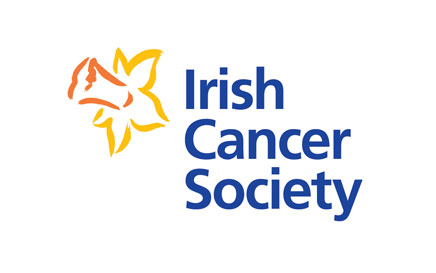posted by kingarthur
10 July 2008
parotid tumour
Last reply:
12 October 2015 11:14
Hi all , a family member has just been diagonsed with a cancerous tumour of the parotid gland and I am just wondering is there anyone else who has an experience of this.
1 comment

